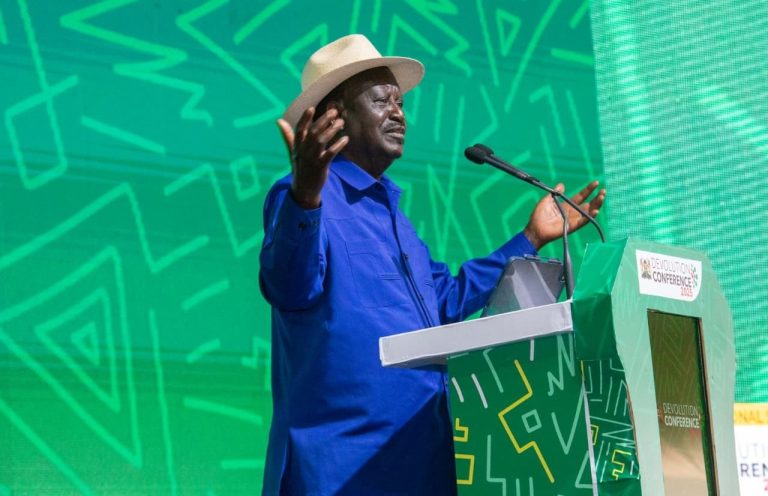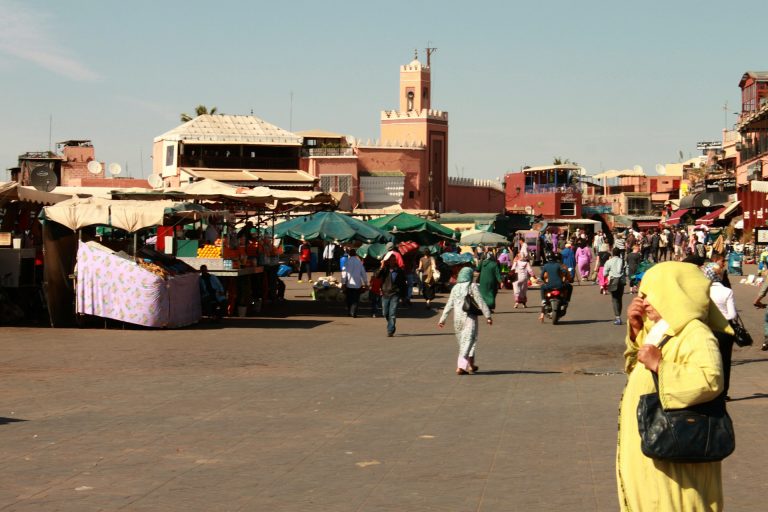- Nigeria imposes 15% tax on petrol and diesel imports
- Move aims to boost local refineries and steady naira
ABUJA, NIGERIA – Nigeria has imposed a 15% tax on petrol and diesel imports to protect local refiners and stabilise the domestic energy market, officials said on Thursday.
The new tax takes immediate effect under a directive issued by President Bola Tinubu, marking one of his administration’s most aggressive moves yet to bolster the country’s struggling refining sector.
Zacch Adedeji, head of the Federal Inland Revenue Service, said the levy is meant to “operationalise crude transactions in local currency, strengthen local refining capacity, and ensure a stable, affordable supply of petroleum products across Nigeria.”
The measure, he added, is central to Tinubu’s broader reforms aimed at reducing foreign exchange pressure and curbing reliance on imported fuel.
A bid to restore energy sovereignty
Africa’s top oil producer has for years relied on imports to meet domestic fuel demand, even though its four state-owned refineries have a combined capacity of 445,000 barrels per day. Decades of mismanagement and underinvestment left them largely idle, forcing Nigeria to spend billions annually on subsidised imports – a policy scrapped two years ago.
Since the subsidy removal, Nigeria has liberalised fuel pricing, floated the naira, and opened the downstream sector to private investment. The 2021 Petroleum Industry Act, which transformed the state oil company into NNPC Limited, was meant to usher in a new era. But the refineries have remained dormant, leaving private operators such as Dangote Refinery to fill the void.
The $20 billion Dangote Refinery, with a 650,000-barrel daily capacity, began supplying the local market in 2024 and recently announced plans to double capacity. Yet, cheaper imports have continued to dominate, undermining local refineries’ profitability.
“The plan here is to reduce the pressure on Nigeria’s current account balance, stabilise the currency, and support local refining activity,” said Adebayo Adebanjo, a senior oil and gas analyst at Lagos-based CardinalStone Investment Group.
Adebanjo told Allen Dreyfus that the government’s new import tax was an “infant industry protection” measure common in emerging economies.
“Given our long-standing challenges with refining, new refining activity needs protection to ensure long-term sustainability,” he said.
Economic signals turn positive
Analysts say the move could strengthen the naira, which has been gradually appreciating against the dollar after months of instability. Nigeria’s foreign reserves have risen from $40.9 billion in December 2024 to $43.1 billion by late October 2025, aided by rising oil exports and tighter monetary controls.
Since deregulation, Nigeria’s trade balance has improved, and the naira has steadied — outcomes the government attributes partly to reforms in the petroleum sector.
However, critics warn that the new tax could drive up fuel prices in the short term, adding pressure on households already struggling with inflation.
Despite such concerns, Abuja insists the policy will help secure energy independence. “This is about fairness and self-reliance,” Adedeji said. “We cannot remain an oil-rich nation that imports all its fuel.”
The Tinubu administration hopes that by discouraging imports, the local refining industry — led by Dangote and a growing number of modular refiners — will gain the breathing space needed to become globally competitive.
For Nigeria, the long-delayed dream of refining its own oil may finally be edging closer to reality.










